The Point of No Return for Civilization: What Does the Audiobook of the uST Transport Inventor Say?
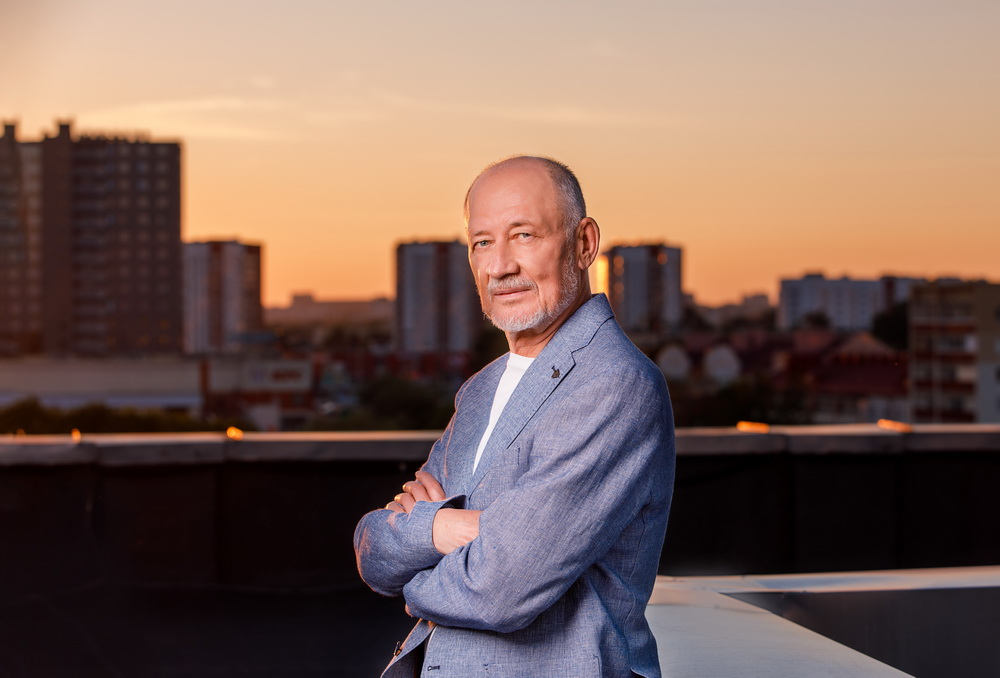
Recently, an audiobook by Anatoli Unitsky, General Designer of Unitsky String Technologies Inc. has been released. Recall that it is based on his report as the inventor of uST transport – “Civilization capacity of the space home called planet Earth”. The scientist focused not only on the issues of the ecological situation, but also the importance of the survival of human civilization in the near future.
“According to the number of predictions, the point of no return for civilization will come in just two generations. And we won’t be able to turn back. Since it was engineering technologies that created global problems, only engineers, and not politicians and bankers, are again able to find engineering solutions that will save our civilization, which in many ways is heading to a dead end, from its degradation, extinction, and death”, – notes Anatoli Unitsky.
To solve the Earth’s problems, the Belarusian scientist proposes the idea of delivering cargo to near-Earth orbit with the help of the General Planetary Vehicle (GPV), which can take all harmful production out of the planet Earth. At the same time, it opens amazing opportunities to locate plants and factories in conditions of weightlessness, almost complete vacuum, ultra-low and ultra-high temperatures. And these conditions are very close – just a few hundred kilometers away.
By the way, the starting point here should be the widespread use of string transport. Until the end of the century, it will save about 100 million lives from death on roads and allow land users to return vast territories that today are occupied by asphalt and railways.

According to the engineer, the geospace transport of the future will favorably compare with modern rocket solutions. Firstly, through efficiency, since it will be able to provide an annual cargo flow of millions of tons between the Earth and orbit, putting into orbit about 10 million tons of cargo and up to 10 million passengers per one flight. It should be noted that the GPV will be able to go into space up to 100 times per year. Secondly, because of high speed. What can be done in one year by the GPV, will need about 10,000 years for the modern world rocket and space industry. At the same time, the cost of delivering each ton of cargo into orbit will be reduced thousands of times compared to a rocket. Thirdly, thanks to environmental friendliness, since the transport operates only due to the internal forces of the system, without any mechanical and energy interaction with the planet’s atmosphere.
“Many will say that putting theory into practice is too large-scale, material-intensive, and expensive. But is it really so? After all, to solve earthly transport problems, much simpler than space ones, humanity has already spent enormous efforts. Millions of motor vehicles, aircraft, diesel locomotives and ships, millions of kilometers of roads and railways, thousands of ports, bridges, and railway stations have been built. It all costs a lot more than the GPV”, – says the scientist.
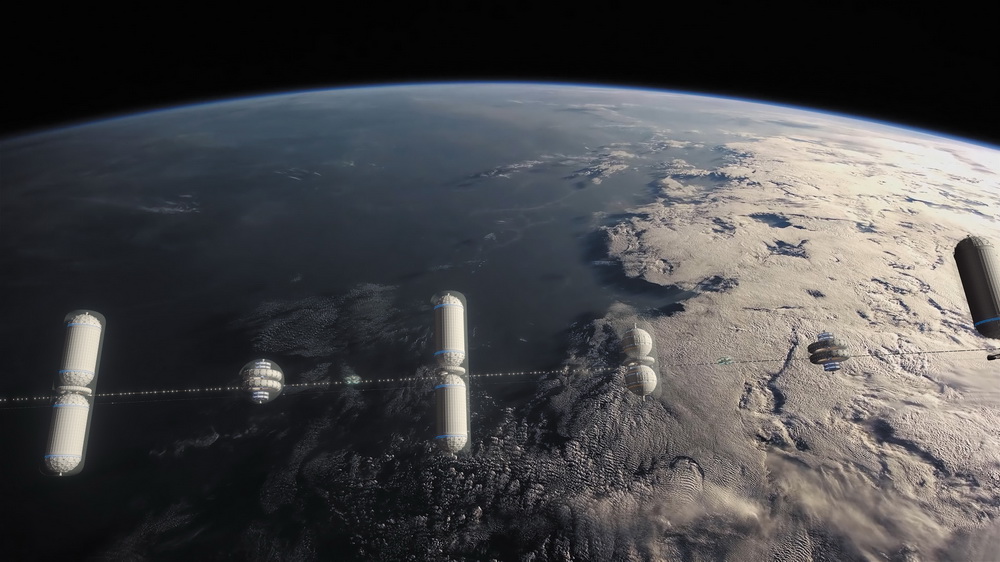
Of course, during the implementation of the General Planetary Vehicle project, it will be necessary to cope with a large number of difficulties, both technical and social. However, they are insignificant compared to the problems that our earthly civilization has to solve if it wants to survive and develop steadily in the future. And do we even have a choice?
More news
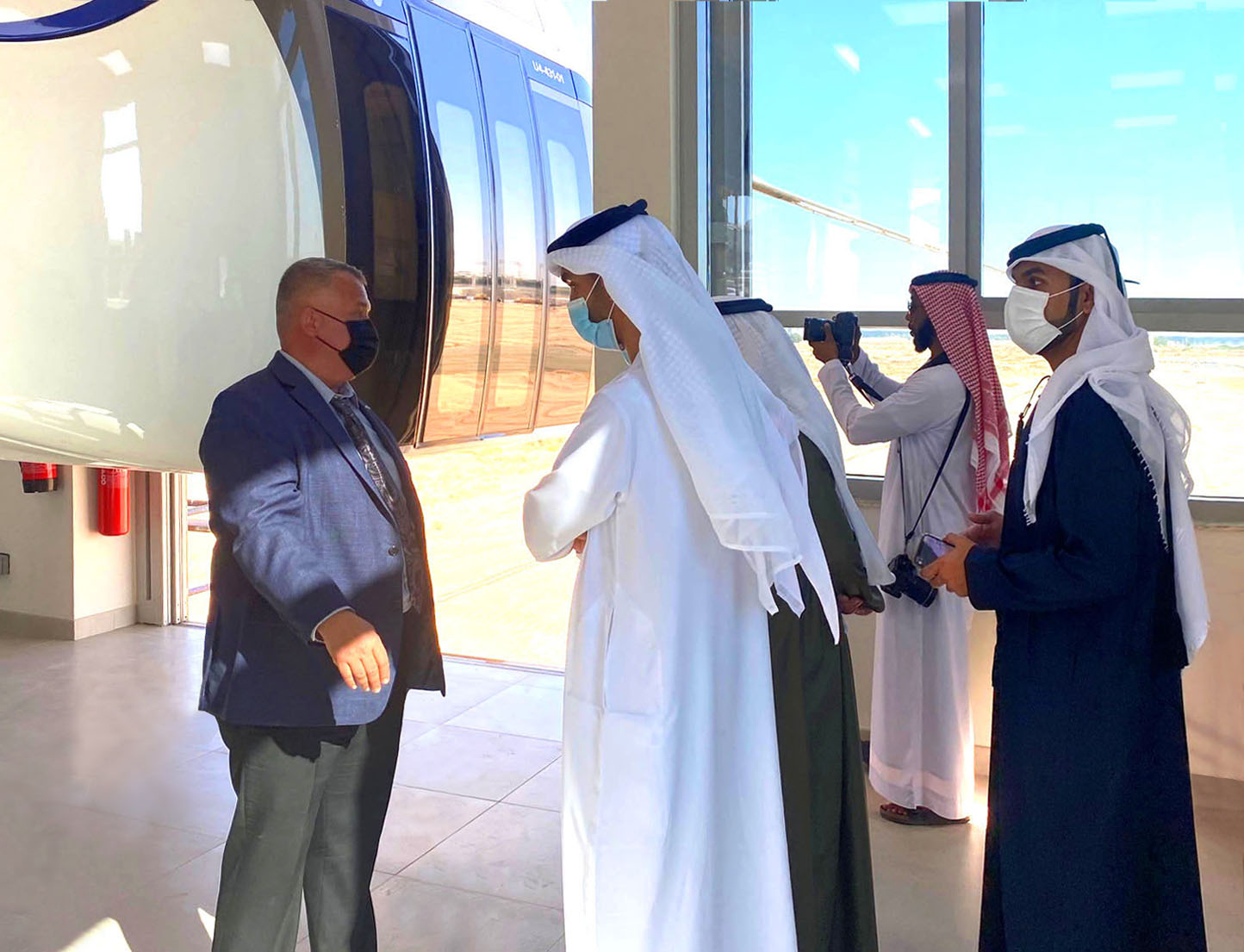
News
20 January 2021
UAE Government Ministers and Saudi Arabian Business Representatives Visited uSky Center in Sharjah
UST Inc.'s R&D Center at Sharjah Research Technology and Innovation Park (SRTIP) was visited by official delegations from the UAE government and Saudi Arabian businessmen announcing plans in 2021 to build an innovative transportation system “the Line” as part of NEOM Linear City Project.
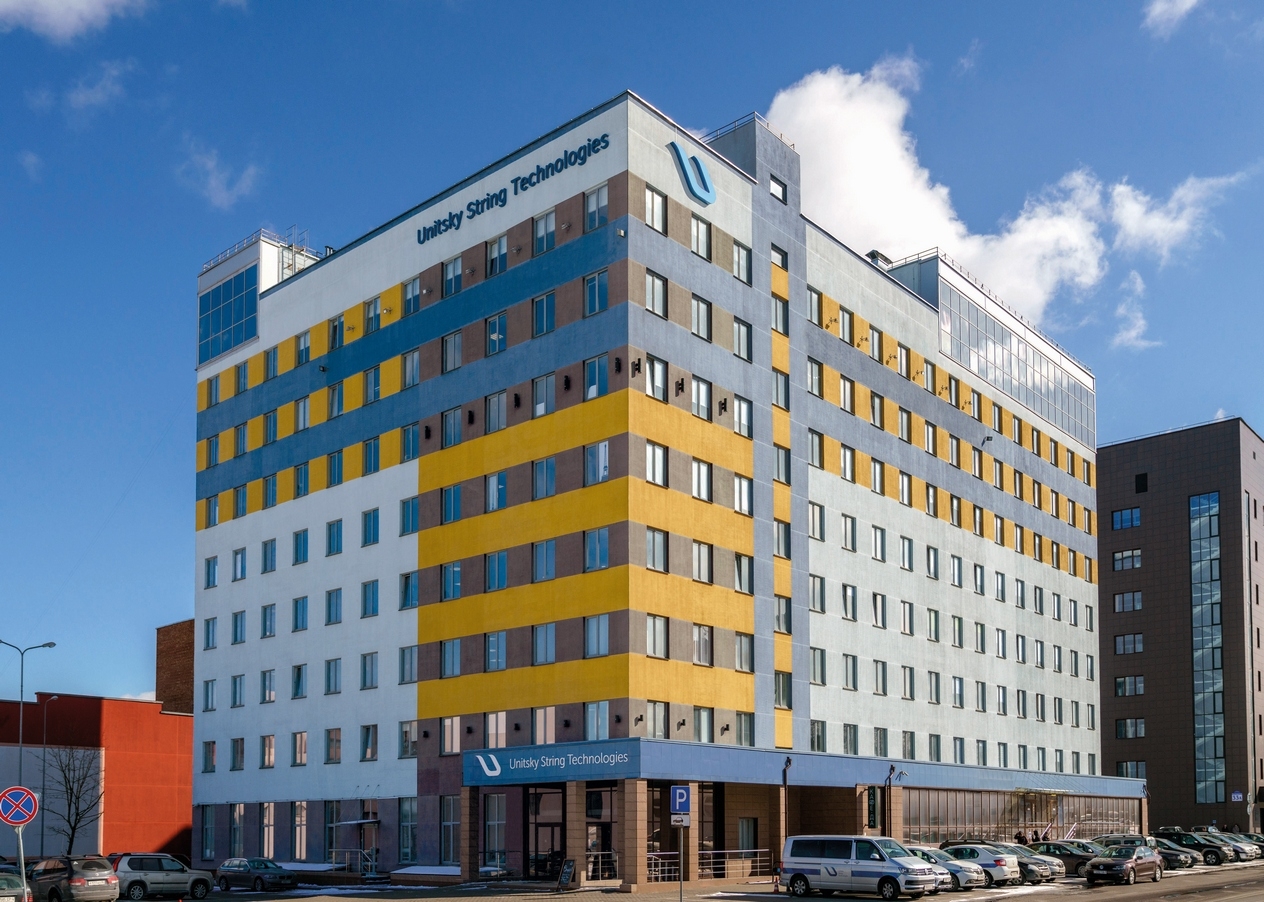
Blog
1 December 2021
Unitsky String Technologies Inc. Aims to Strengthen Its Team With Gifted Youth
One of the company’s missions is to search for talented young specialists for their further development into professionals who understand all ins and outs of string technologies. To this end, UST Inc. made a cooperation agreement with the Belarusian State Technological University.
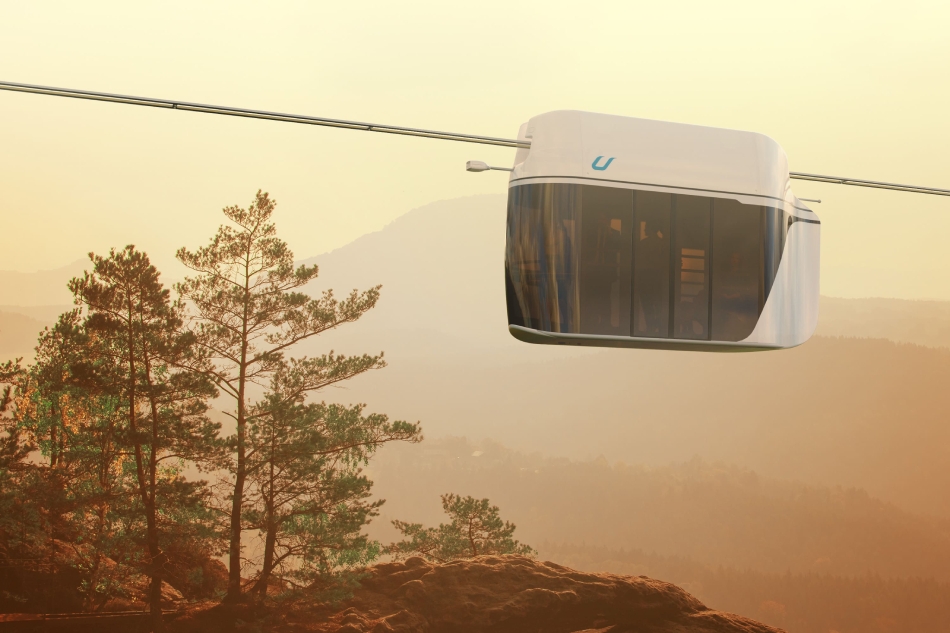
The commercial projects
10 April 2024
UST Inc. – on the status of projects in India
Two agreements have been signed within the framework of which work is underway on the implementation of uST transport and infrastructure complexes in the region.

